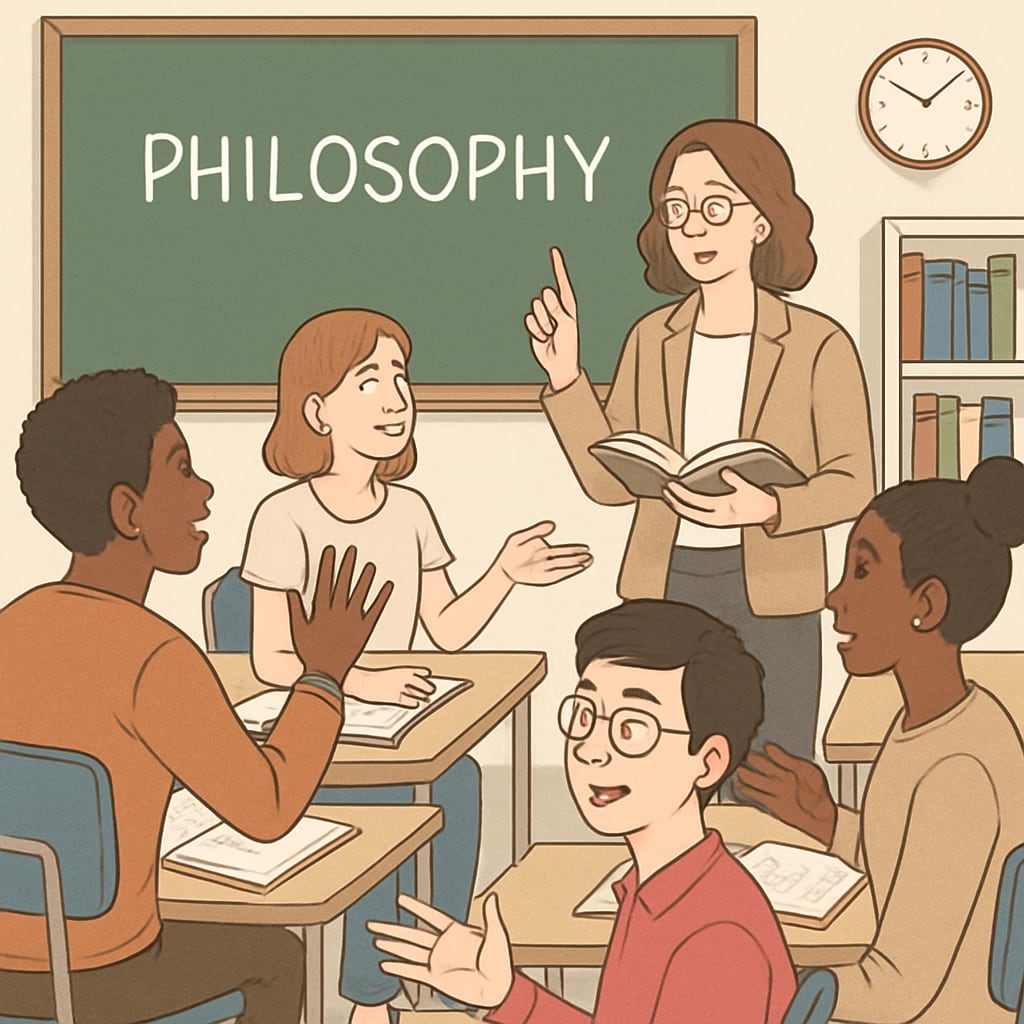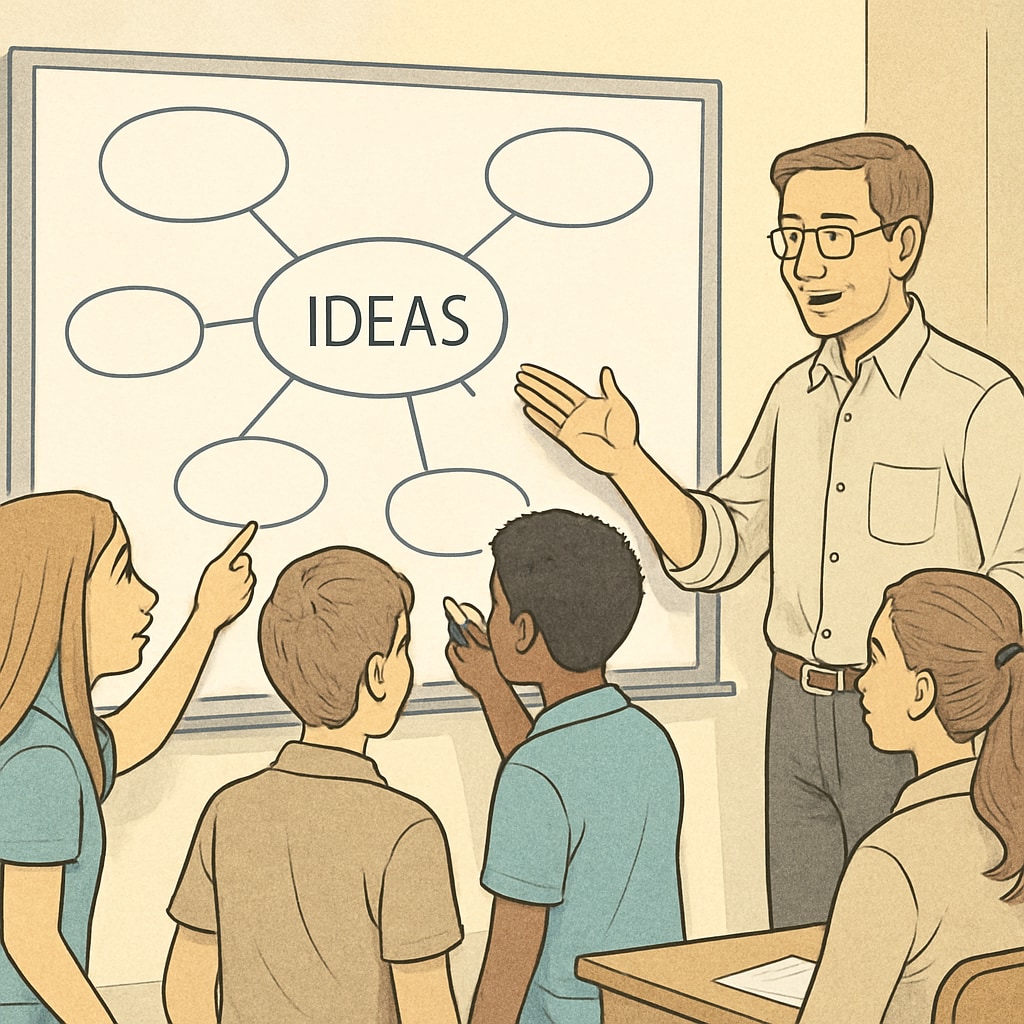Incorporating psychology, philosophy, and amateur learning into K12 education can be a transformative experience for young minds. By introducing foundational concepts in these disciplines, educators and parents can nurture critical thinking, self-awareness, and ethical reasoning in students. This article will outline why these subjects matter, suggest age-appropriate resources, and share practical tips for integrating these topics into K12 education.
The Importance of Introducing Psychology and Philosophy in K12 Education
Psychology helps students understand human behavior and mental processes, while philosophy encourages them to question assumptions and explore abstract ideas. Together, they form a powerful combination for developing well-rounded individuals. Introducing these subjects in the K12 stage not only equips students with critical life skills but also fosters empathy and self-reflection.
For example, psychology can teach students how to manage emotions and build resilience, while philosophy can guide them in ethical decision-making. These skills are essential for navigating personal and academic challenges. Furthermore, early exposure to these disciplines can spark lifelong curiosity and a love for learning.

Beginner-Friendly Resources for Psychology and Philosophy
Finding the right resources for introducing psychology and philosophy to K12 students is crucial. Here is a curated list tailored for different age groups:
- Elementary School (Ages 6-11): Books like “What’s My Child Thinking?” by Tanith Carey (psychology) and “The If Machine” by Peter Worley (philosophy) offer accessible insights.
- Middle School (Ages 12-14): Explore kid-friendly podcasts such as BBC’s “The Why Factor” for philosophy or YouTube channels like CrashCourse Psychology.
- High School (Ages 15-18): Dive into introductory texts such as “Psychology: A Very Short Introduction” by Gillian Butler or “Sophie’s World” by Jostein Gaarder for philosophy.
These resources are not only educational but also engaging, making complex ideas accessible to young learners. Encourage students to explore these materials at their own pace, fostering both curiosity and independence.
Practical Strategies for Teaching Psychology and Philosophy
Incorporating psychology and philosophy into K12 education doesn’t have to involve formal lessons. Here are some practical strategies for integrating these subjects into everyday learning:
- Encourage Open-Ended Questions: Foster discussions that prompt students to think critically. For example, ask, “What makes a decision fair?” or “Why do people feel emotions differently?”
- Use Real-Life Scenarios: Apply psychological and philosophical concepts to situations students encounter daily, such as resolving conflicts or understanding peer pressure.
- Leverage Arts and Media: Analyze books, movies, or artwork through the lens of psychology and philosophy. For instance, discuss the ethical dilemmas faced by characters in popular films.
- Create a Safe Space for Debate: Philosophy thrives on dialogue. Encourage respectful debates on age-appropriate topics to help students articulate their thoughts and consider diverse perspectives.

Encouraging Self-Discovery Through Psychology and Philosophy
One of the most profound benefits of studying psychology and philosophy is the encouragement of self-discovery. These subjects help students explore their own beliefs, values, and emotions. For example, journaling is a simple yet powerful tool for reflecting on psychological insights and philosophical questions.
Additionally, mindfulness exercises rooted in psychological research can help students develop emotional intelligence. Similarly, philosophical thought experiments, like the “Ship of Theseus,” can challenge their perceptions of identity and change.
By fostering self-awareness, students can better understand themselves and their place in the world. This foundation is invaluable for personal growth and academic success.
Conclusion
Incorporating psychology, philosophy, and amateur learning into K12 education is an investment in the future of young learners. These disciplines cultivate critical thinking, empathy, and self-awareness, equipping students with tools to navigate life’s complexities. With the right resources and strategies, educators and parents can make these subjects accessible and engaging for all age groups.
By starting early, we can inspire a generation of thinkers who not only question the world around them but also strive to improve it.


